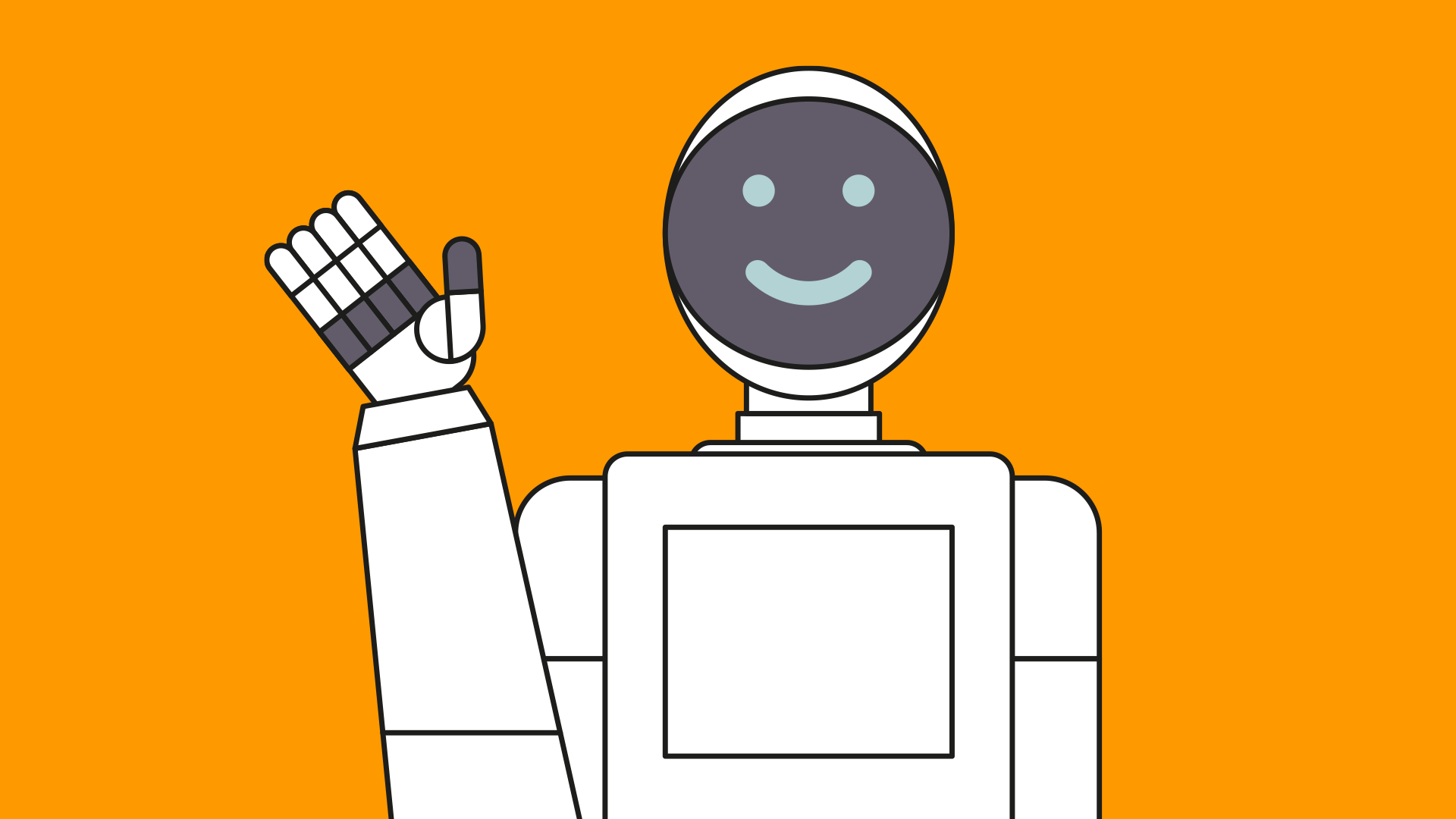“The impact of the technology will be seismic, but the way it plays out is not pre-determined.”
What does the government say about the threats and opportunities of artificial intelligence?
The government’s papers foresee the expansion of “highly capable general-purpose AI models that can perform a wide variety of tasks”. Such super-intelligent machines will “provide effective automation in many domains”.
This could mean robots take over the workforce, displacing human staff and sending shockwaves through British society.
Get the latest news and insight into how the Big Issue magazine is made by signing up for the Inside Big Issue newsletter
“By 2030, the most extreme impacts are confined to a subset of sectors, but this still triggers a public backlash, starting with those whose work is disrupted, and spilling over into a fierce public debate about the future of education and work,” the papers postulate in an imagined ‘future scenario’.
It sounds like something out of science fiction – highly skilled computers rendering humans obsolete. But don’t draft your pre-emptive resignation letter just yet.
Advertising helps fund Big Issue’s mission to end poverty
In a speech discussing the findings of the report, prime minister Rishi Sunak said it was “too simple” to say artificial intelligence would “take people’s jobs”. He asked the public to view the tech as a “co-pilot” instead.
“As with all technologies, [AI systems] change our labour market, I think over time of course they make our economy more prosperous, more productive,” he said.
This is, in theory, true. AI can complete mundane administrative tasks extremely quickly, freeing workers up to do other things.
“One company I have spoken to adopted an AI system to schedule visits for social care,” Hayton says. “The employees could do something that previously took them three days in three hours.”
But what such productivity-enhancing measures mean for employees isn’t pre-determined.
“[That company] could have made 90% of its employees redundant,” Hayton added. “Instead, it moved them into more interesting roles in business and customer development. But that’s a choice that management made.”
Advertising helps fund Big Issue’s mission to end poverty
When a company sees its employees as a resource, AI will benefit workers. But if it sees them merely as an outgoing cost, it could lead to mass redundancy.
How can we ensure the AI transition happens fairly?
In slightly better news, government reports suggest that “we may return to pre-1980 trends in which worker displacement from automation was roughly offset by creation of new jobs”.
But where will these new jobs go? If we aren’t careful, low-to-mid skilled workers away from technological hubs could be cut out of the AI transition, Hayton says.
“There’s huge demand for the few people with the skills to take on these complex, high-tech jobs,” he explains. “But in regions where there’s below-average investment in workforce education and technology infrastructure, people won’t get these jobs without massive investment.
Your support changes lives. Find out how you can help us help more people by signing up for a subscription
“The technology has the capacity to polarise the workforce, and to make it more unequal,” Hayton added.
Advertising helps fund Big Issue’s mission to end poverty
To offset that possibility, the government – and companies that are adopting generative AI – need to take employee rights seriously.
“In this country, the unions have been eroded post-Thatcher. But in the AI transition, employee voices must be considered,” he says. “That way we are more likely to see positive outcomes.”









